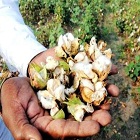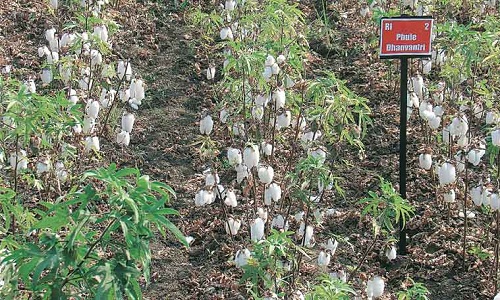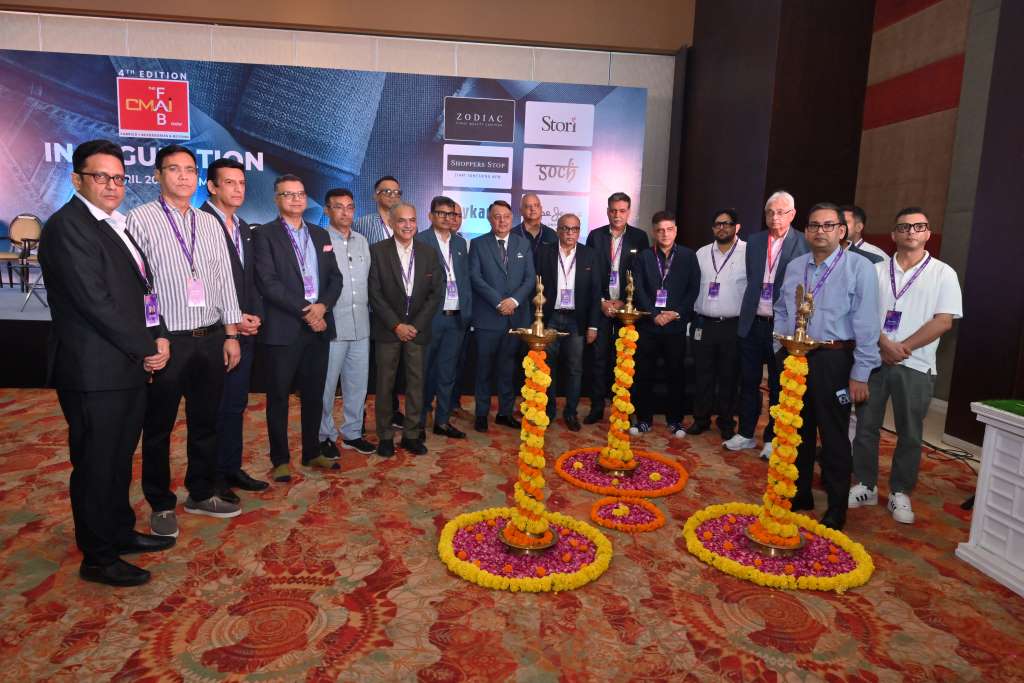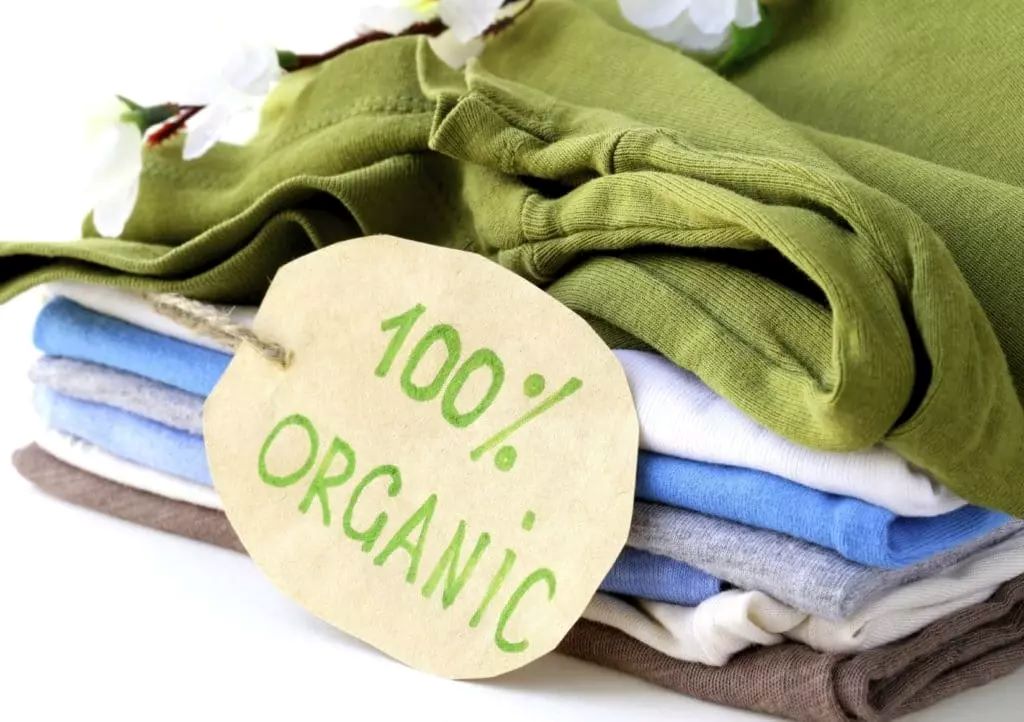"Lately there has been much controversy surrounding Monsanto’s Bt cotton, the sustainable agriculture company. The controversy has spawned first of its kind intellectual property (IP) disputes in India, involving at least 15 different proceedings in various courts, government agencies and tribunals. Interestingly, another controversy has emerged around two IP regimes: the Patents Act or the Protection of Plant Varieties and Farmers’ Rights Act (PPVFRA). Experts say both these legislations apply and one does not necessarily trump the other."
 Lately there has been much controversy surrounding Monsanto’s Bt cotton, the sustainable agriculture company. The controversy has spawned first of its kind intellectual property (IP) disputes in India, involving at least 15 different proceedings in various courts, government agencies and tribunals. Interestingly, another controversy has emerged around two IP regimes: the Patents Act or the Protection of Plant Varieties and Farmers’ Rights Act (PPVFRA). Experts say both these legislations apply and one does not necessarily trump the other.
Lately there has been much controversy surrounding Monsanto’s Bt cotton, the sustainable agriculture company. The controversy has spawned first of its kind intellectual property (IP) disputes in India, involving at least 15 different proceedings in various courts, government agencies and tribunals. Interestingly, another controversy has emerged around two IP regimes: the Patents Act or the Protection of Plant Varieties and Farmers’ Rights Act (PPVFRA). Experts say both these legislations apply and one does not necessarily trump the other.
BT cotton patenting process

Monsanto patented a number of components related to Bt cotton, a biotech invention involving the infusion of Bt gene into cotton genome. Bt stands for Bacillus thuringiensis, a bacteria that kills the pest that has perennially plagued the cotton plant. The patent does not cover the plant itself, as plants and animals are ineligible for patent protection in India. However, microbiological processes and microorganisms are patentable under the Indian Patents Act, and Monsanto’s patents cover most of these components. Using the patented technology, Monsanto created a host of donor Bt cotton seeds and distributed them to seed companies under specific agreements mandating the payment of royalties while seed companies used these donor seeds to introgress the desirable genetic trait into their own specific hybrid varieties by backcrossing.
Monsanto’s patents cover various components of the technology embedded in the donor seeds handed out to seed companies. Any seed company that uses this donor seed and creates a new plant variety is entitled to register such variety under the PPVFRA.This new plant variety registration, however, does not extinguish Monsanto’s upsteam patent rights. Neither does the patent right override the plant variety protection. They co-exist. The seed companies cannot commercialise their hybrids without a patent licence from Monsanto similarly, Monsanto cannot sell or distribute these hybrids without permission from the seed company.
Policy paradox plagues system
It is clear if Monsanto refuses to licence the seed companies, they can move for a compulsory licence (CL) under the Patents Act, provided they satisfy the terms of Section 84, which states that a CL could be granted if the patented invention is exorbitantly priced or not available in reasonable quantities to the public or is not being worked in the territory in India. But this licence application has to be under the terms of the Patents Act, and not the PPVFRA. As per news reports, there are pending invalidity proceedings before both the IPAB (Intellectual Property Appellate Board) as also the DIPP (Department of Industrial Policy and Promotion).
The DIPP proceeding is a particularly interesting one as Section 66 of the Patents Act invokes an exceptional provision that provides for revocation on grounds that the patent is “mischievous to the state or generally prejudicial to the public”. The key contention appears to be that the patent is no longer effective, given the pest resistance that developed over time.
The paradoxical situation is that while the Ministry of Agriculture has recently issued a draft notification qualifying GM technology as an industry “standard” that must mandatorily be licensed on FRAND (Fair, Reasonable and Non-Discriminatory) terms to as many seed companies as possible, another one (DIPP) insists that the technology is of no use.Further to worsen the situation Ministry of Agriculture, with no jurisdictional competence over patent issues, suggest ed Monsanto’s patents over upstream GM technology must necessarily yield to downstream plant variety rights.
It is a matter of deep concern as government agencies are flouting the rule of law. Experts believe while there may be merit in regulating GMO patents, this must be done after following due processes, through relevant competent authority and not through abusive lawmaking that benefit certain interest groups. Moreover, it is not clear why the government chooses to concentrate all its eggs in the Bt cotton basket. Particularly when its own institutes contend that even Bollgard-II technology is succumbing to progressive pest resistance. The government should encourage a diversity of approaches entailing both GM technology and traditional processes.












